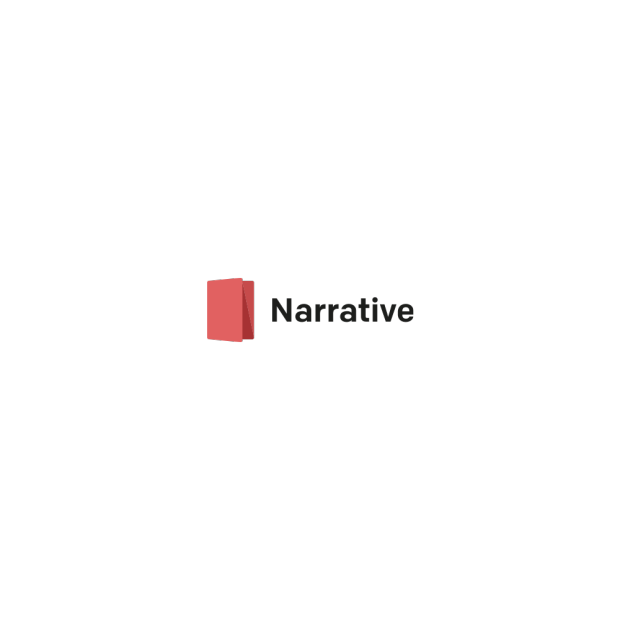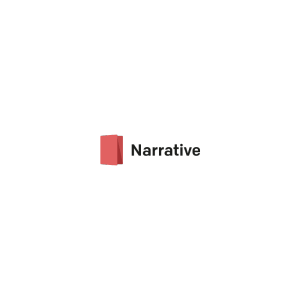Today we’re starting what will hopefully be some sort of a weekly habit: a post about what’s happened in the world of lifelogging this week. We will serve a smorgasbord of entirely subjectively chosen little dishes of blog posts, tweets, news aritcles, videos and other stuff that we’ve run into during the week. Hope you’ll like it.
On the progression of the Quantified Self movement going mainstream
Mark Krynsky (@krynsky) gives us a long and well-written post on Lifestream Blog about the current state of the Quantified Self movement. He predicts that the next phase of quantified self will be the analyzing of data across many users.
“With the personal activity and health data that is spurring the Quantified Self movement I think it will initially be the discovery of ways to improve our lives based on our own personal data that will initially attract mainstream users and then once people become more comfortable sharing their personal data with others we will see other innovations occur based on the big data sets that are analyzed across many people.”
Examples given are Bodytrack, Fluxstream and Manybots.
At Memoto, we too think that aggregated data will provide great and unexpected benefits in a wide range of areas. But are we there yet? Maybe the Quantified Self movement needs a little more… er, movement, first.
It is not about the tools
In a post on Quantifiedself.com, Ernesto Ramirez (@e_ramirez) reminds us of something important: insight and motivation, not the tools and techniques, are what will make us start gathering information about ourselves.
“Think about the last home improvement project you started. Whether it was fixing a leaky faucet or replacing your carpet you most likely went about your work in a simple step-wise fashion: 1) Identify the problem, 2) Examine possible solutions, 3) Identify the most appropriate solution, 4) Gather the right tools to implement the solution, and then 5) Fix the problem. Tools don’t come in to equation until late in the game.”
But what if there are no suitable tools out there? If we’ll find ourselves fixing the leak with duct tape and nailing the carpet with the back of a shoe? The tools does for sure not come first, but for one to find lifelogging interesting and fun, we think there has to be interesting and fun tools for it.
In lifelogging, you find your statistical (and egotistical?) self
In an article in the LA Times, reporter Joanne McNeil gives voice to certain scepticism for the quantified self movement.
“Beyond everyday personal goals and health concerns, though, the point of lifelogging seems sentimental. With increasingly seamless ways to gather daily reports on food, location, mood and activity, lifelogging risks turning into digital hoarding. Without a story or some kind of context, it says nothing more about us than a look in a detailed mirror. And like a reflection, it captures our attention — because it is about us.”
Yes, lifelogging is really a bit about sentimentality. And with nothing but a pile of data and numbers – and no story to go along with it – it risks feeling detached or at even pointless at times. But what if we can innovate tools and means for creating these stories that can function as a context for the data? Maybe lifelogging simply is too young of a movement to have matured enough to provide all tools necessary?
One in four adult internet users track their own health data online
Pretty straightforward statistics at Pewinternet.org. 27% of adult internet users say they track their weight, diet, exercise routine or other “health indicator or symptoms” online. Wireless users track more (18%) than users with no access wireless technology (9%). Of cell phone users, 9% have apps for tracking or managing their health.
We’re guessing these are numbers for the U.S. If anyone has statistics for other countries or areas, please share them with us!



718 Comments
Oh that was an awesome blog post. Please keep it up. This is the best roundup of the week in lifelogging that I have found.
Thanks Tristan! Really appreciate your credit! As you see, we have just started out with this kind of roundup so it’s great to hear what works and what doesn’t.
All the best,
Oskar @ Memoto team